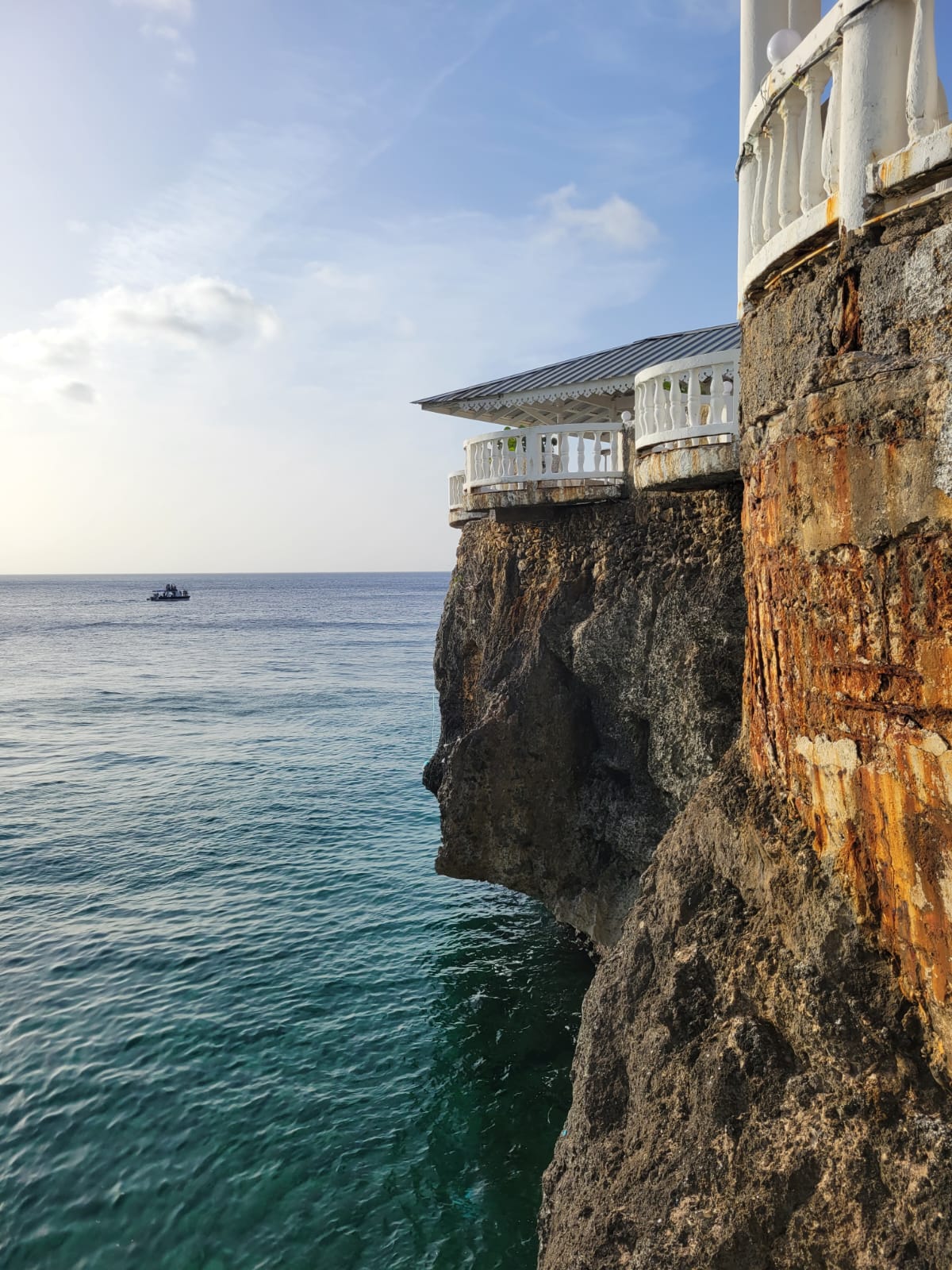By Jack Lemnus
 We had been briefed on how we might react to our first week studying abroad in the Dominican Republic. We were told the first few days in our new environment were guaranteed to tantalize our curiosity and ignite our most primal human desires to explore. This was the“honeymoon phase” of any experience in a new culture. We were also told about the culture shock that would follow.
We had been briefed on how we might react to our first week studying abroad in the Dominican Republic. We were told the first few days in our new environment were guaranteed to tantalize our curiosity and ignite our most primal human desires to explore. This was the“honeymoon phase” of any experience in a new culture. We were also told about the culture shock that would follow.
It was all so much to take in — the language, the tropical cuisine, the Caribbean beat that seemed to emanate from every bodega, or colmado. It was easy to become overwhelmed at first. As the honeymoon phase began to wane, and we became acquainted with the local transportation and our service positions, we were ready to break from our homestay families and see the island. Word spread that students from our group wanted to spend the weekend at the beach — the nearest being about 40 miles north of Santiago, where we lived, studied, and volunteered.
 After perusing Google, I found a hotel in the coastal town of Sosúa for $50 USD a night. I’d also heard from a local that the buses could take us across the island cheaply. After the hotel recommendation gained enough votes from the group, we set off for Sosúa that weekend.
After perusing Google, I found a hotel in the coastal town of Sosúa for $50 USD a night. I’d also heard from a local that the buses could take us across the island cheaply. After the hotel recommendation gained enough votes from the group, we set off for Sosúa that weekend.
Each of us departed with the two or three students with whom we lived, so we were on our own to navigate the island. That meant communicating without help from our teachers and host families. When my two roommates and I left for the bus station, our first challenge was figuring out which bus would take us to Sosúa.
We waited in the station, beaming with foreignness among the Dominicans, listening in anticipation for our bus to be called. The intercom was old and fuzzy, and none of us were fully acquainted with the Dominican accent, so we could only guess which bus was arriving — perhaps ours had passed an hour ago. That was when we asked the woman sitting next to us if she could alert us when our bus was called. Either out of compassion or pity, she was pleased to help.
Getting off the bus was another story. After an hour and a half of passing through billowing mountains and the occasional tight squeeze through a small pueblo, we were dropped off on the side of a road near Sosúa. With no Wi-Fi and being a 35-minute walk from the hotel, we needed a taxi. At the corner where we were dropped off, we were bombarded by a congregation of street salesmen and taxi drivers offering their goods and services. We had to make a quick decision. We located a driver with a van big enough to fit all three of us and mustered enough Spanish to get us a ride to our hotel.
I always enjoy the sense of independence I feel while checking into a hotel but doing so in another language is even more gratifying. Until then, I doubted my abilities while planning the Sosúa trip. What if we get lost, robbed, or worse: Everyone shames me for choosing a terrible hotel. But when we arrived, my worries instantly dissolved. The hotel was a waterfront boutique that resembled a Mediterranean postcard, and all for the equivalent price of a Red Roof Inn. We were a five-minute walk from the beach and even closer to downtown. It was perfect.

Someone from our group found a business offering coral reef snorkeling tours and tested her Spanish skills to negotiate a group package for 15 of us. The deal she landed on included four hours out on a boat, along with food, drinks, and snorkeling gear. This was our first free weekend as a group, so what better way to get to know each other than coasting through clear Caribbean waters on a boat?
Not minding the sunburn spreading across my back, I gazed below at the fish circling the reefs, a tropical pallet of color I’d never seen before. It was a moment that lifted the barrier between myself and nature, revealing a connection to the Earth I’d forgotten was there. I’ll never forget the raw beauty of those reefs.
Back on the boat, we continued to practice our Spanish with the captain and his crew; I learned all the vocabulary I would ever need about snorkeling gear. They told us all the good restaurants and where the locals go–information we would test later that evening when we hit the downtown strip.
Now seasoned travelers, the process to return was much easier. We found the local bus station, bought our tickets, and journeyed back to Santiago without incident—this time as one large group to minimize the chance of someone getting lost. We returned to our homestays with a new sense of confidence in our abilities to adapt to a new country. We came back content and tanned (or in my case, sunburned).
Jack Lemnus, UF in the Dominican Republic alumnus, is majoring in journalism, and pursuing a certificate in Spanish for the Professions.